Hello feathered friends.
This is week 14 of my weekly walking and birds spotting diary. All photos were taken in the period from April 1 to April 08. Again I'll share with you photos of different bird species around the place I live in.
This week the weather was changeable. From sunny and warm days to real winter with night temperatures in the minus. Almost every day, a strong wind blew, with frequent rain.
Of the seven days, I actively walked for only three days. Although I spent the least amount of time walking since I started keeping a diary, I still managed to document an enviable number of bird species with the addition of a new one.
I have documented 22 different bird species, of which one is completely new.
Tree sparrows
Since the nesting season has started, they are more frequent in the settlement than outside it. They mostly build their nests in old and abandoned houses, but they also use various cracks and cavities in other houses.
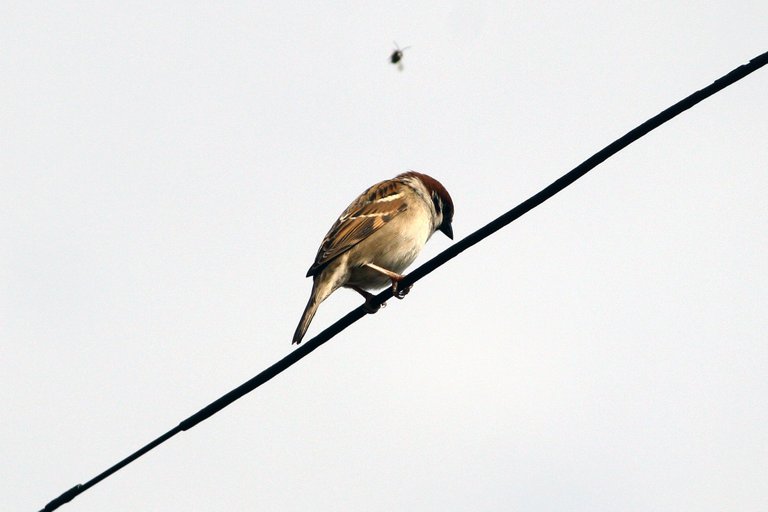
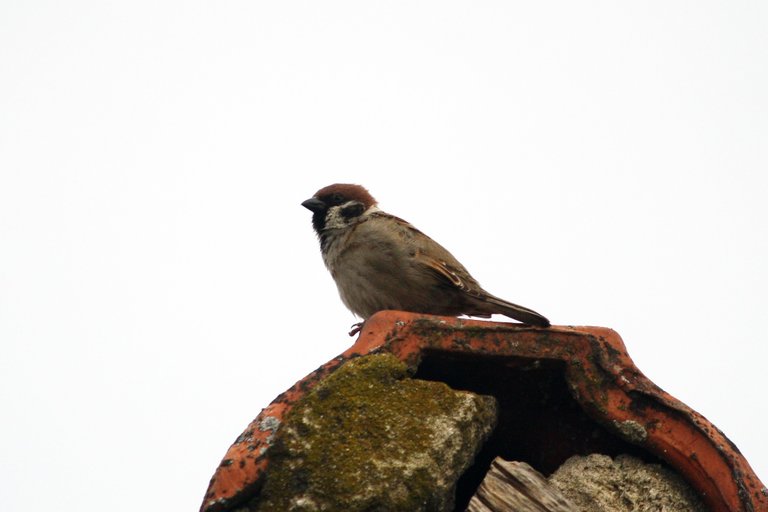
House sparrows
Just like tree sparrows, they are also focused on nesting. They build nests in groups but are separated from tree sparrows.

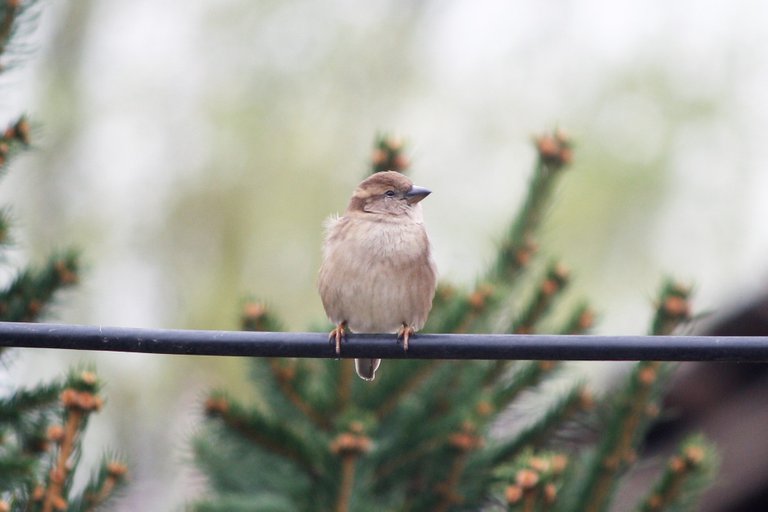
Common wood pigeon
They are often found in the settlement. Mostly males call females by cooing similar to Eurasian collared doves. After a successful call they take off with a loud flapping of their wings, then they collapse and then rise again in height.

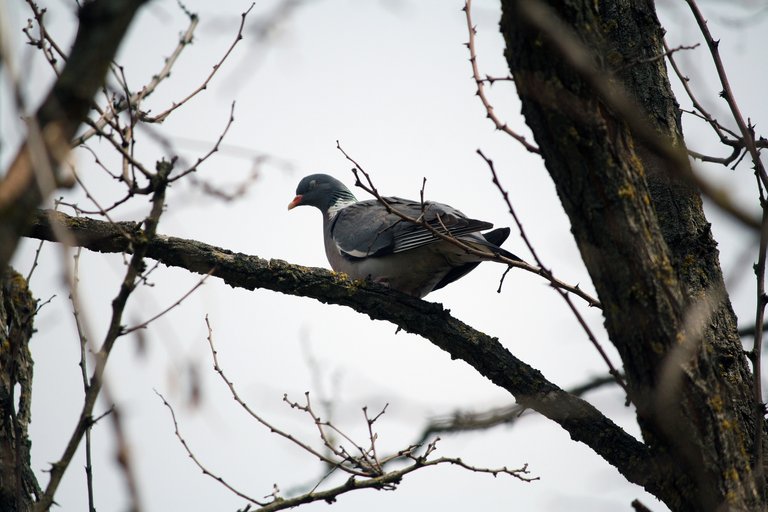
Rock pigeon
In addition to the usual places in the settlement, roof or wire, I see them more often in the field in small groups searching for food.
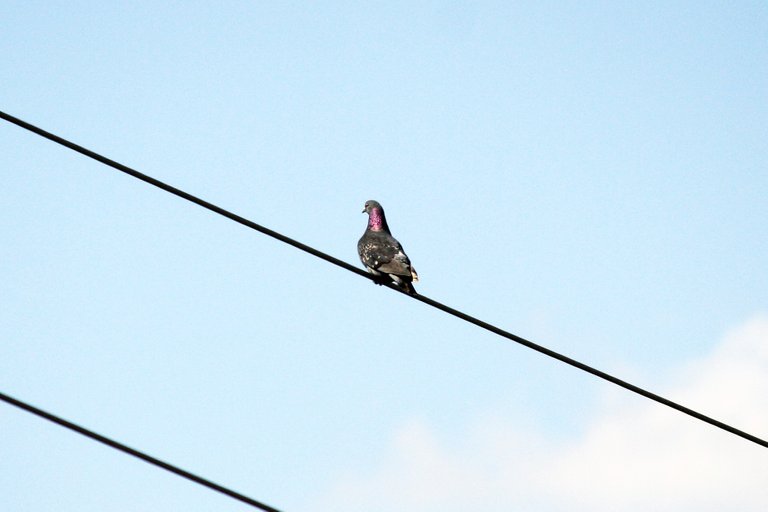
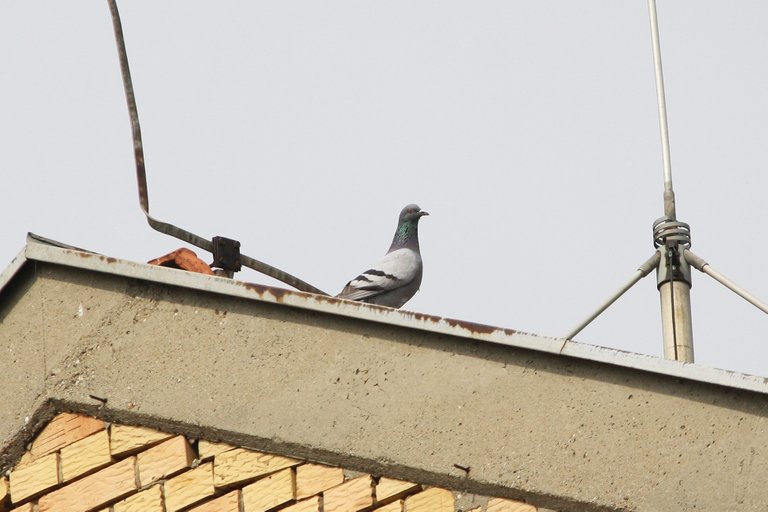
Magpies
I no longer see groups of these birds so often but mostly individual ones in treetops or rooftops. I can barely notice them on the ground.
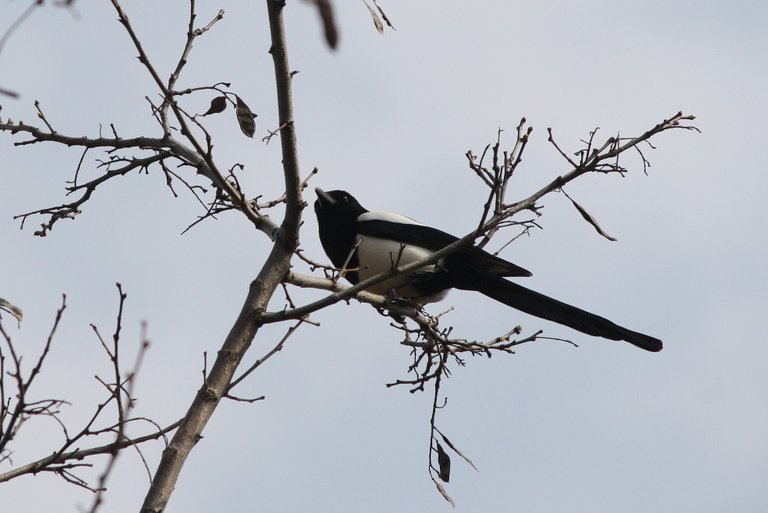
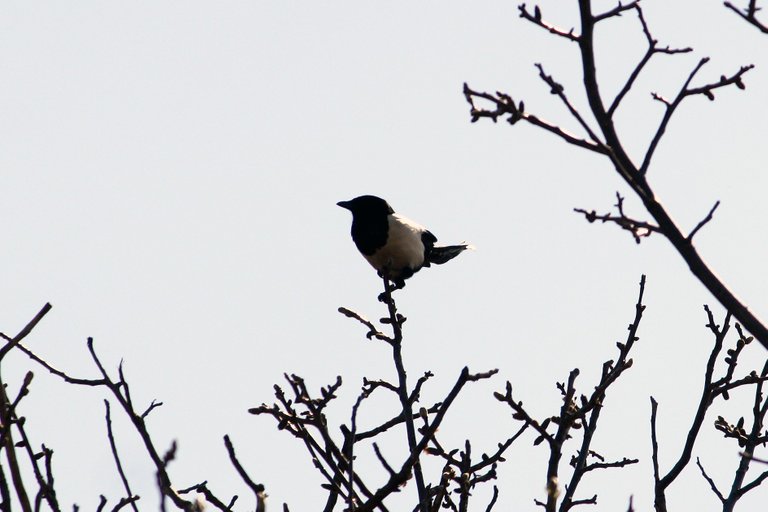
Eurasian collared doves
There is no change in their behavior. They are most often found in common places, power lines, and the central part of trees. Sometimes they stop by the lake to drink water. There are no more groups but only couples or individuals.


Rooks
Of the many birds during the winter months that spent most of their time in the settlement, very few remain and can only be seen in the fields. And that is a rarity.
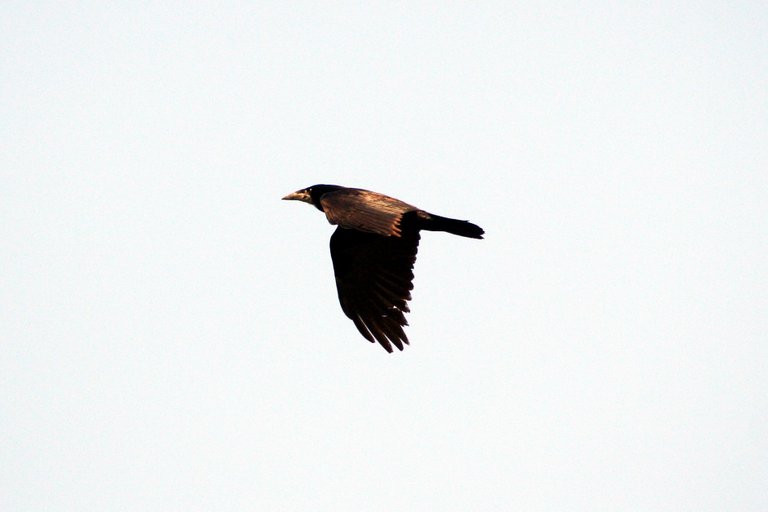
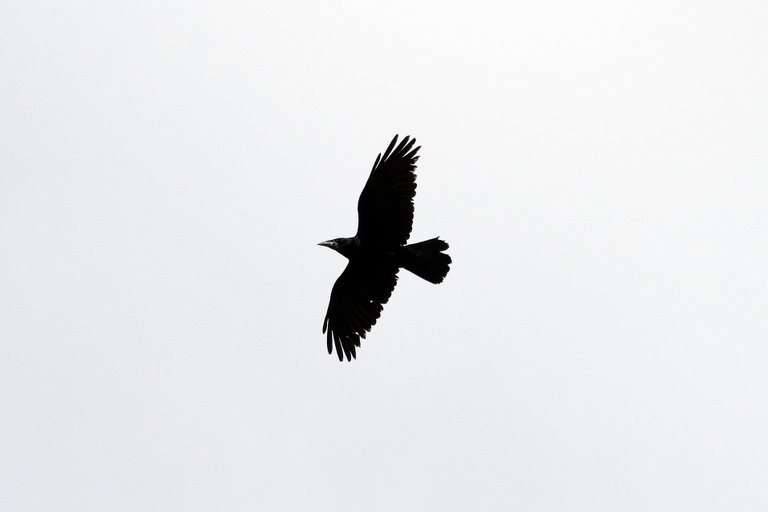
Hooded crow
Their place is outside the settlement in several different locations, which they did not change at all. They search the fields for food and are always close to some water.

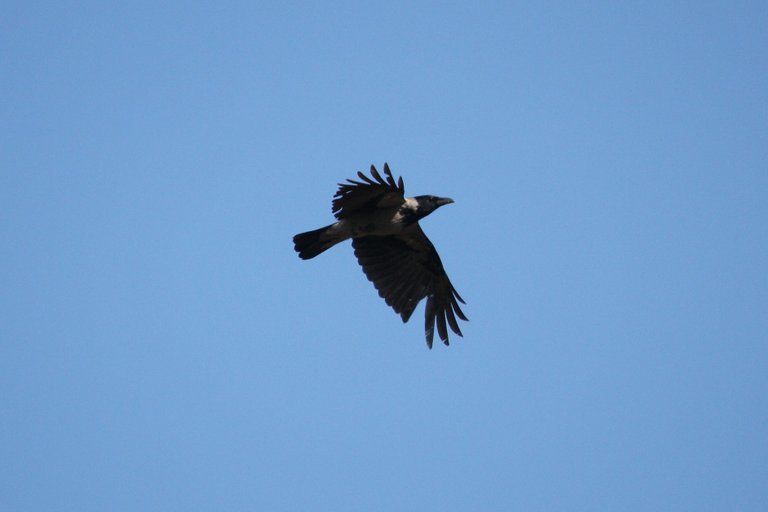
Long-eared owls
All that remains is this couple who seems to be happy not to change the location. I hope they will nest here and not move.
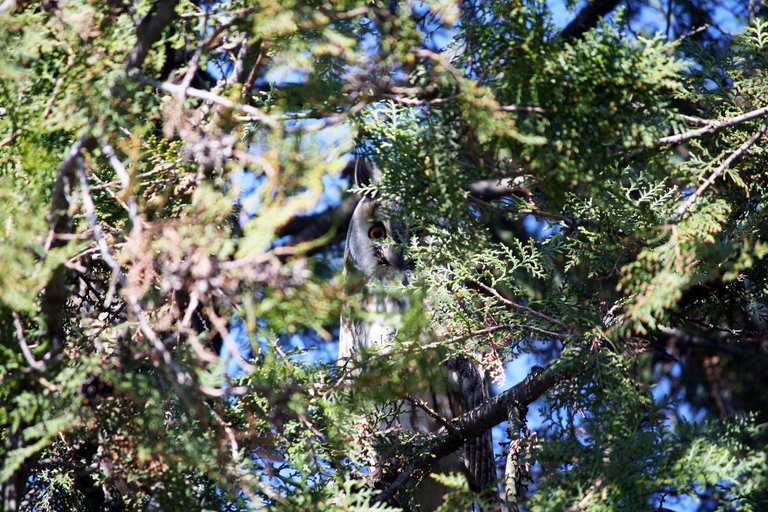
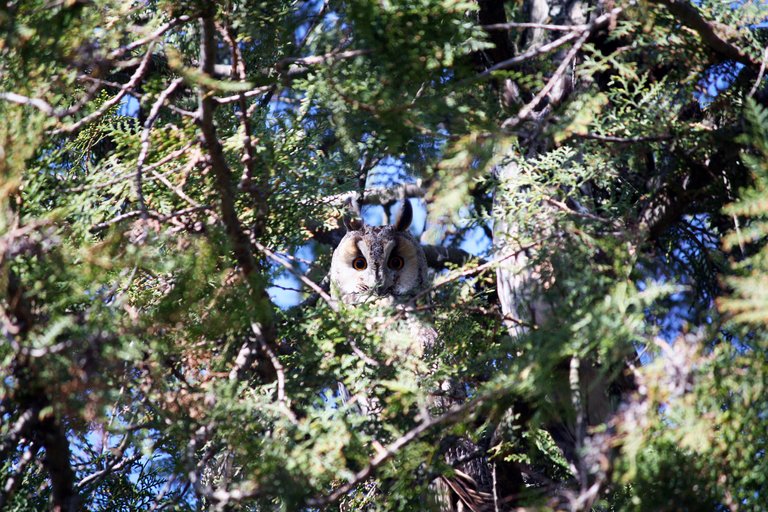
Common kestrel
Unlike previous weeks, they are much more active now. I see them more often than the common buzzard.
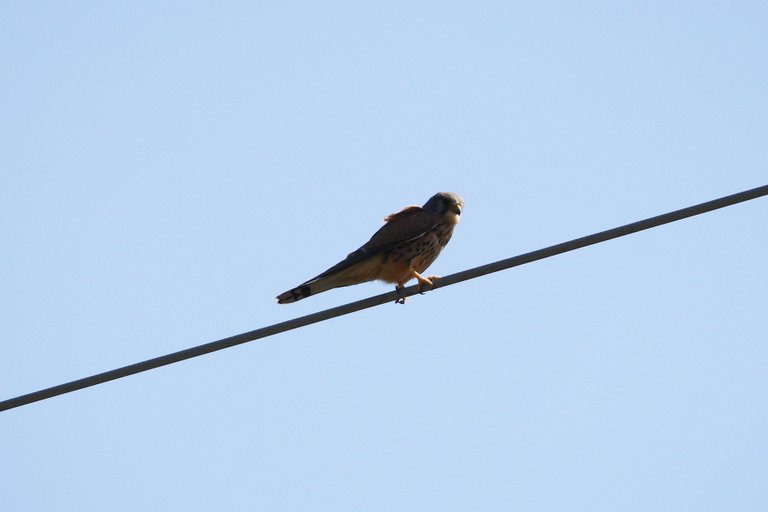
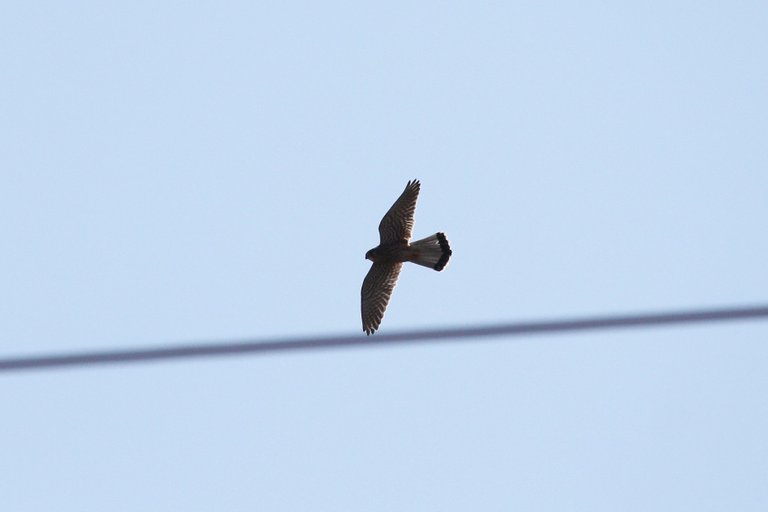
European goldfinch
They are no longer as grouped as before. At the moment, it is easier to spot individual birds. They can still be found most often on the tops of tall trees.

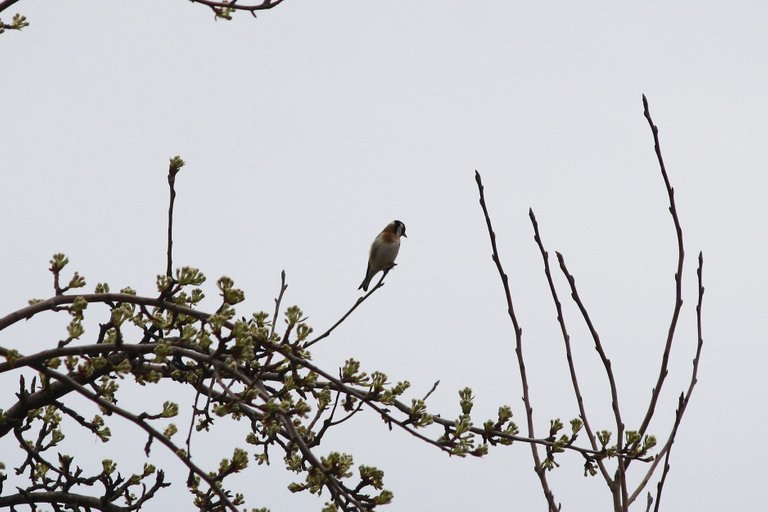
European greenfinch
Unlike the previous week, I don't see so many of them anymore. Sometimes I come across a single bird outside the settlement.
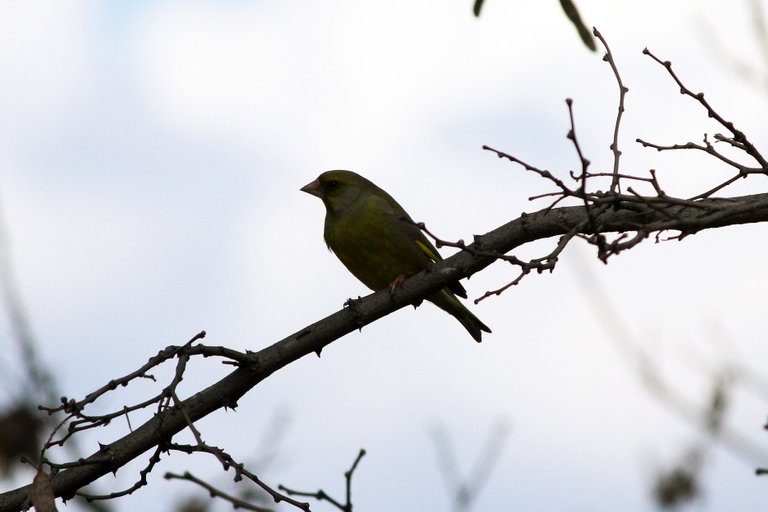

Great tit
This bird is nesting somewhere in my yard. I have not yet determined the exact location, but it regularly collects nest material.

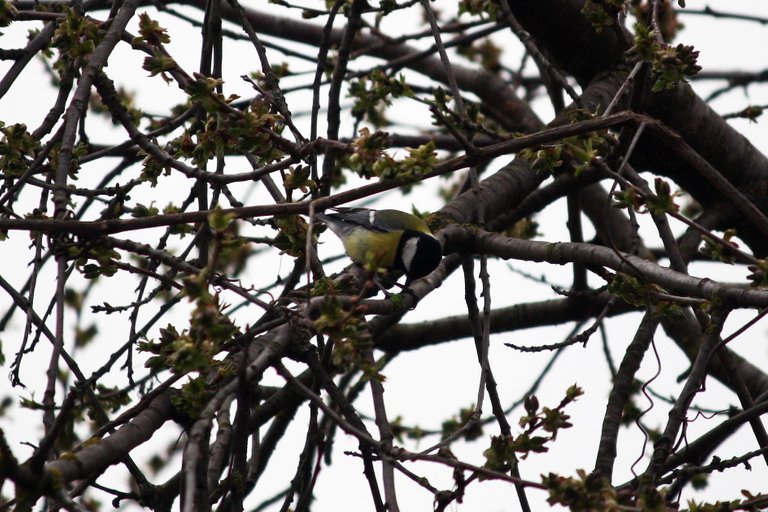
Starling
Individual birds are most often found in the settlement, while outside the settlement they are mostly in flocks.
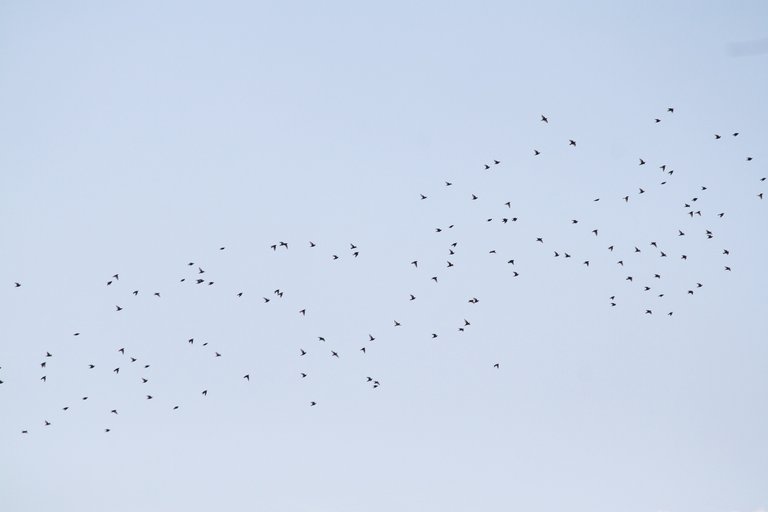
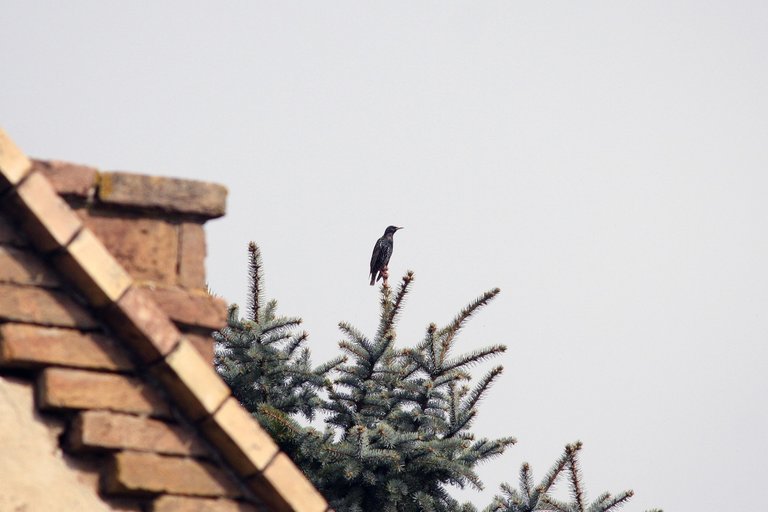
Mallards
I visited the nearby pond again where there are a large number of them. The wind was strong and cold, so most of these birds took interesting poses. Some, irritated by my presence, flew to a safer location.


Northern lapwing
I have been meeting them at the same location for a couple of weeks now and I can confirm that they have definitely chosen it as their habitat.

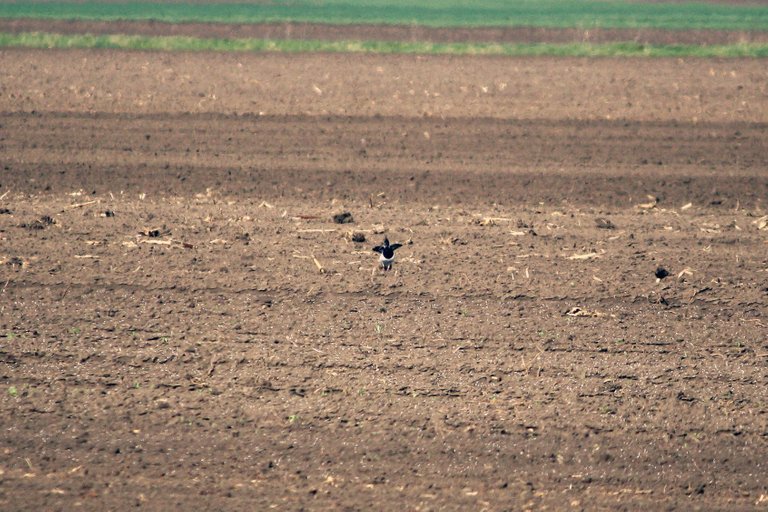
Black redstart
With the beginning of spring, these birds can be seen every day. Both sexes can be seen singing on the roofs or trees.
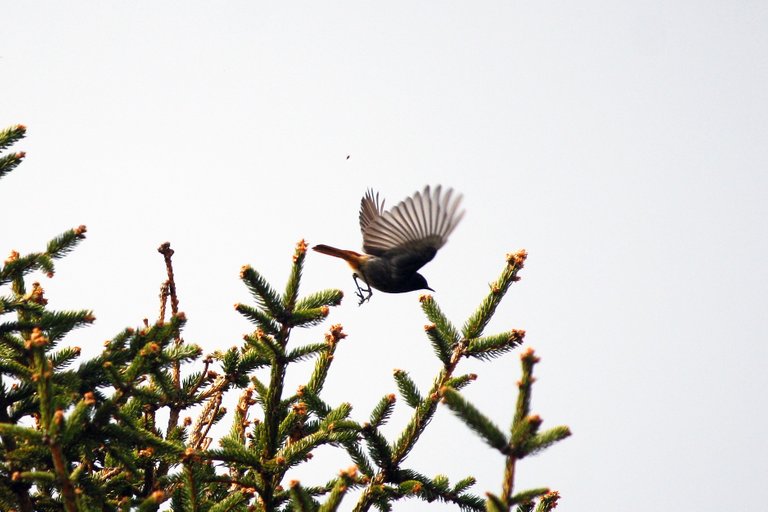
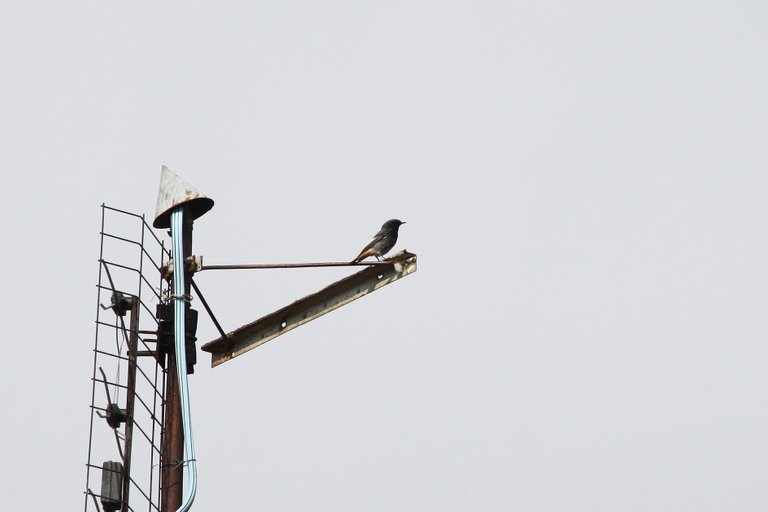
Common gull
For the second time, I see them flying over a certain location. Looks like I found them a route between two favorite locations. Since the summer, I sporadically see them only in passing. Unlike in summer, their heads are now completely black.


Skylark
This time I managed to take photos of this bird in flight. I only see them in one specific location. I didn't notice they were anywhere else
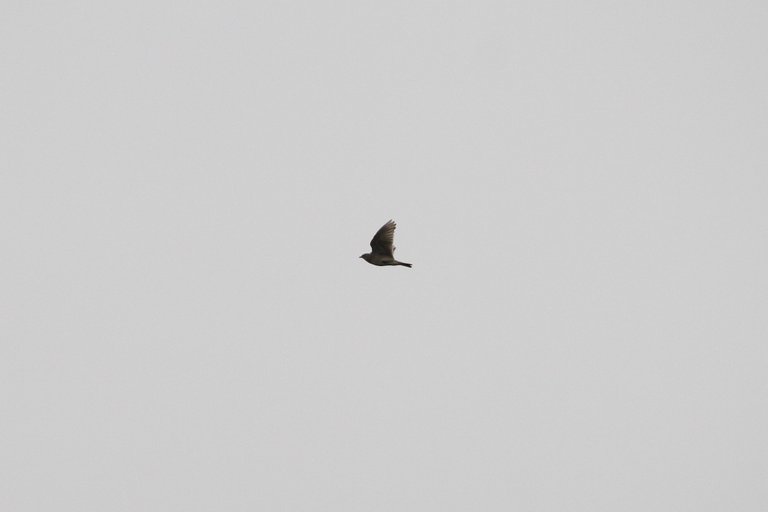
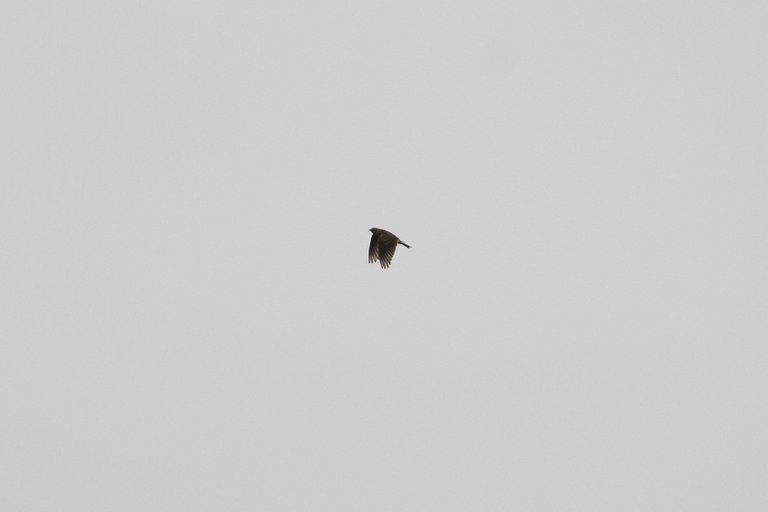
African stonechat
This is the second location where I come across this species of bird. This time I managed to get closer. Both locations are along the road in the bushes and without much tall vegetation.
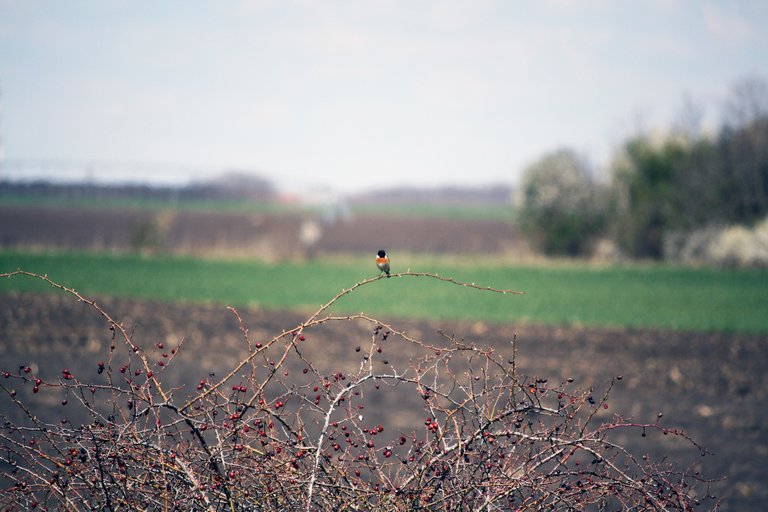

Pheasant
I saw this pheasant wandering around my yard. I heard him several times from a nearby abandoned yard, and a few days ago, I had a chance to see him until he ran towards there.
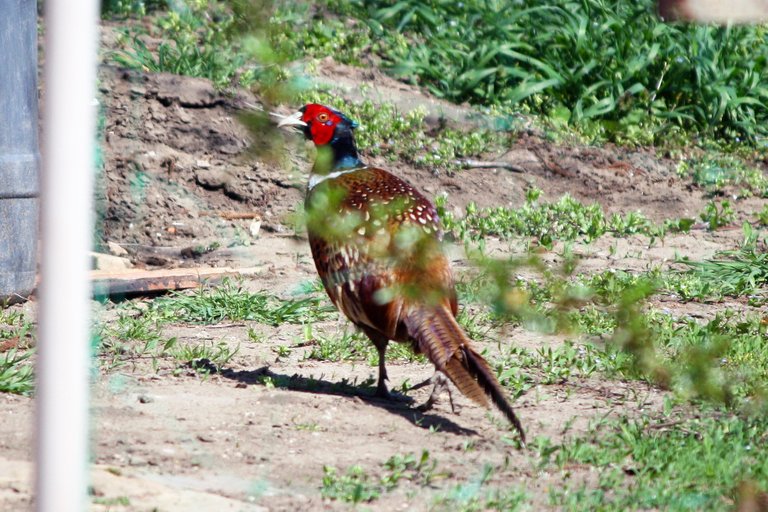
Common sandpiper
This is a new species of bird that I recently spotted. Unfortunately, it took off quickly so I only took a couple of photos in flight from a distance.
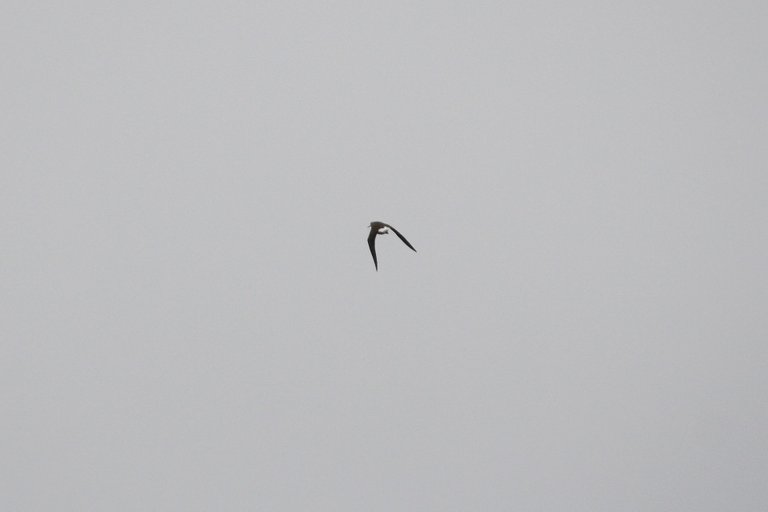
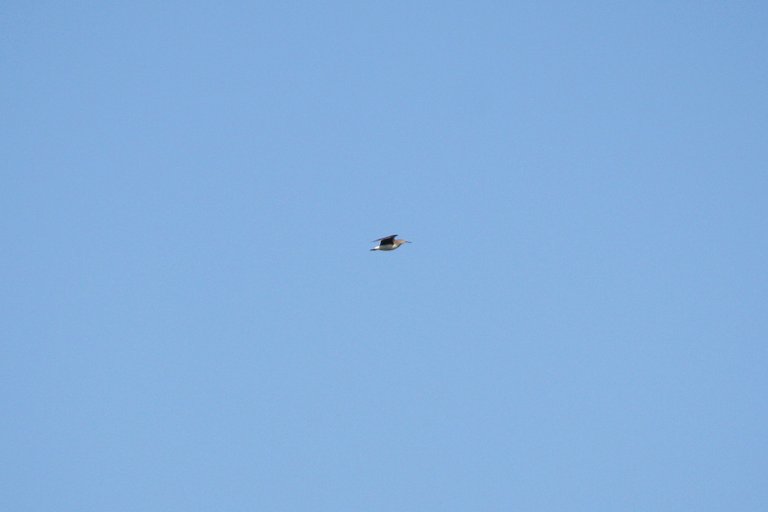
Thank you for stopping by and supporting my content!
Yay! 🤗
Your post has been boosted with Ecency Points.
Continue earning Points just by using https://ecency.com, every action is rewarded (being online, posting, commenting, reblog, vote and more).
Support Ecency, check our proposal:
Ecency: https://ecency.com/proposals/141
Hivesigner: Vote for Proposal
I am realizing how lucky we both are to have so many birds close by! You certainly have much more diversity than I do here in the woods, especially during the winter, but we both have a wonderful amount of bird species to watch near our homes.
Birds are everywhere. The most important thing is to pay attention to them. Once certain patterns are learned, they can be easily found. Patience and movement are very important. At first, I spent more time and covered longer distances. Now I've cut it in half. I'm surprised by the diversity, and yet I think I’ll find at least a dozen more new species during the spring and summer.
Cheers.
!BEER
View or trade
BEER.Hey @melinda010100, here is a little bit of
BEERfrom @oks2crypto for you. Enjoy it!Learn how to earn FREE BEER each day by staking your
BEER.What a great bird collection. Loved the owl! Cheers! !BEER
Thanks.
🍻
!BEER
View or trade
BEER.Hey @oks2crypto, here is a little bit of
BEERfrom @pardinus for you. Enjoy it!Learn how to earn FREE BEER each day by staking your
BEER.